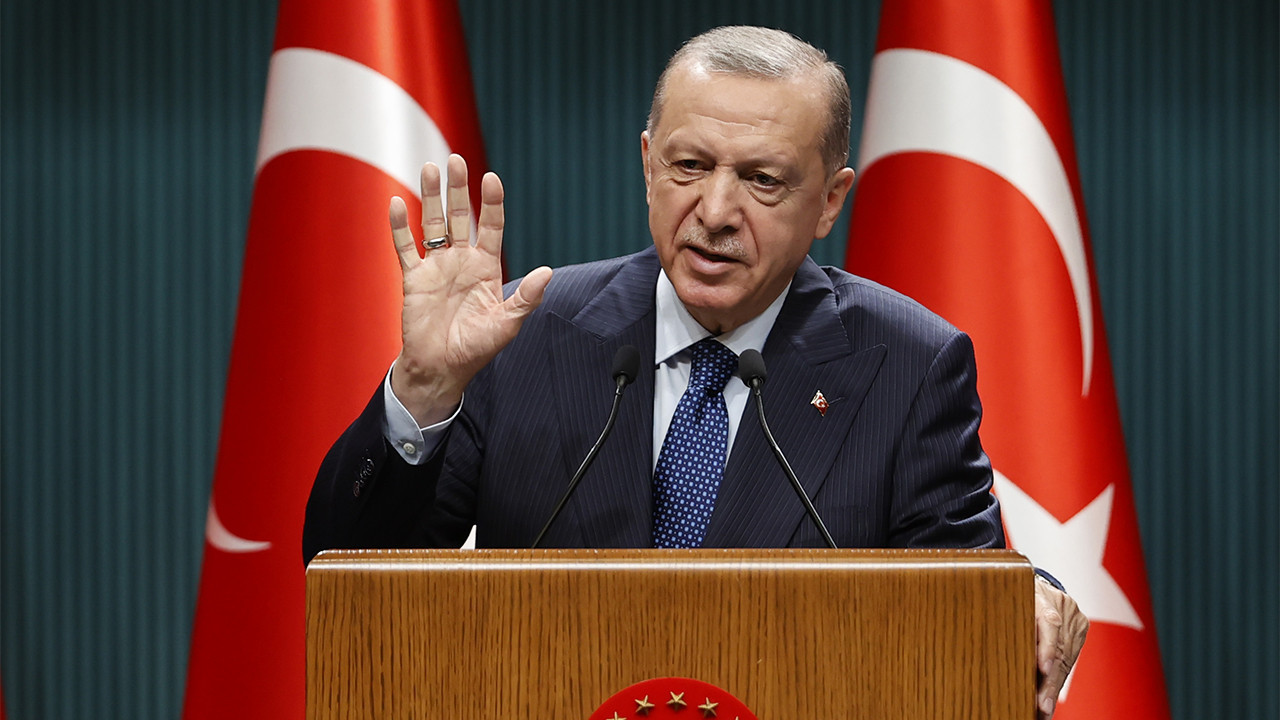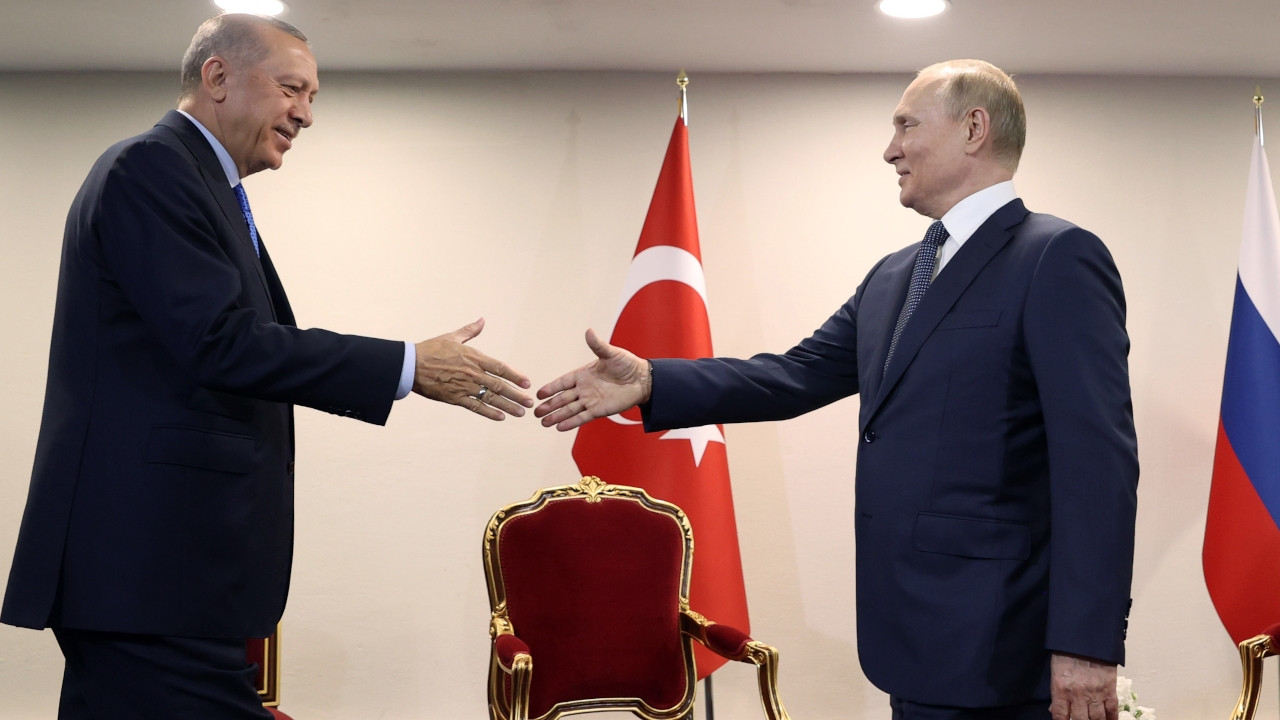Turkey, Bulgaria signs long-term gas deal
Bulgaria's state gas company Bulgargaz has signed 13-year deal with Turkish state gas firm BOTAŞ, giving it access to neighbouring Turkey's gas network and liquefied natural gas (LNG) terminals. Turkish Energy and Natural Reources Minister Fatih Dönmez said the agreement would allow Bulgaria to transport about 1.5 billion cubic meters (bcm) of gas a year and would help increase security of supplies in southeastern Europe.
Reuters
Bulgaria's state gas company Bulgargaz on Jan. 3 signed a long-term deal with Turkish state gas firm BOTAŞ, giving it access to neighbouring Turkey's gas network and liquefied natural gas (LNG) terminals to help bring in supplies.
Bulgaria was almost fully dependent on Russian gas, but is seeking alternatives after Moscow cut off deliveries in April over Sofia's refusal to pay in roubles.
Under the new 13-year agreement, Bulgargaz would be able to use Turkey's LNG terminals for cargo shipments, which would be transported via Botas's gas network to Bulgaria.
"With this agreement we are securing the opportunity to buy gas from all global producers and offload it in Turkey, which best suits Bulgaria logistically," Bulgaria's interim Energy Minister Rossen Hristov said.
His Turkish counterpart Fatih Dönmez said the agreement would allow Bulgaria to transport about 1.5 billion cubic meters (bcm) of gas a year and would help increase security of supplies in southeastern Europe.
Hristov has said Bulgaria wants to book capacity of about 1 bcm of gas per year at Turkish LNG terminals and seal import deals with European and U.S LNG producers.
Bookings for 2023 will be less, because Bulgargaz has already won tenders for slots at Greek LNG terminal Revithoussa for several months.
Bulgaria currently covers about a third of its annual gas needs by importing 1 bcm of Azeri gas, and contracts traders to supply it with the rest through Greece.
Energy expert and former Bulgarian ambassador to Moscow Ilian Vassilev said booking the new capacity would provide alternatives to the busy Revithoussa terminal, but warned Bulgaria could end up importing masked Russian gas if it also opted to buy gas from BOTAŞ.
Turkey imports Russian gas and Moscow has proposed setting up a hub for Russian gas in Turkey, which in theory could allow Moscow to mask its exports with fuel from other sources.
Hristov has said Bulgaria cannot control what gas will enter Bulgaria, but that Sofia would make sure it signs deals for LNG deliveries that are not from Russia.

 Turkey's natural gas find in Black Sea expands, says ErdoğanEconomy
Turkey's natural gas find in Black Sea expands, says ErdoğanEconomy Turkey's Black Sea gas field 'hopefully' to go online next yearEconomy
Turkey's Black Sea gas field 'hopefully' to go online next yearEconomy Erdoğan says he agreed with Putin on Turkey becoming natural gas hubDiplomacy
Erdoğan says he agreed with Putin on Turkey becoming natural gas hubDiplomacy Turkey lowers gas prices for places of worship and industrial consumptionEconomy
Turkey lowers gas prices for places of worship and industrial consumptionEconomy